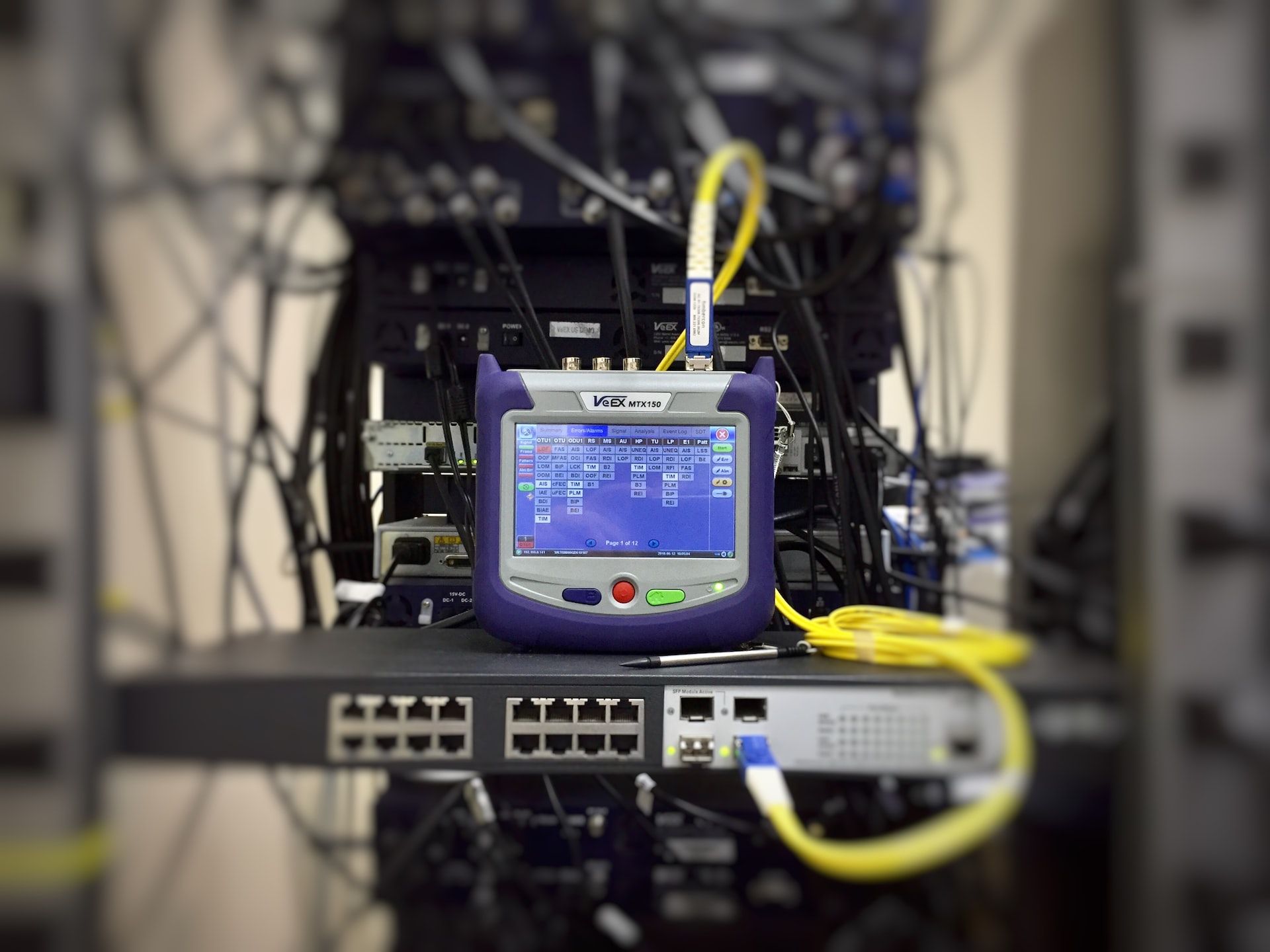The Importance of Low Latency

Low latency refers to the speed at which data can be transmitted, processed, and returned. It is a crucial factor in various applications where data needs to be available and processed in real-time or near-real-time.
Low latency is especially important in domains such as financial trading, online gaming, and telecommunications, where delays in data processing can lead to significant losses or degraded performance. Achieving low latency involves several techniques, including optimizing network infrastructure, reducing processing time for data, and using specialized hardware designed to minimize delays.
One common approach to achieving low latency is caching, which stores frequently accessed data in a location that is closer to the end-user, thus reducing the time it takes for the data to be accessed.
Importance of Low Latency in Financial Trading and Online Gaming
In the context of financial trading, low latency is critical for executing trades quickly and accurately, as even a delay of a few milliseconds can lead to significant losses. Online gaming also relies on low latency for a seamless user experience, where the slightest delay in data processing can make the game unplayable or give an unfair advantage to some players.
Importance of Low Latency in Telecommunications
Low latency is also important in telecommunications, where it can help reduce delays in voice and video communications, improving the quality of the user experience. For instance, low latency is critical in video conferencing applications, where even a slight delay can lead to a disjointed conversation.
Low latency is a critical factor in various applications that require real-time or near-real-time data processing. Achieving low latency involves several techniques, including optimizing network infrastructure, reducing processing time for data, and using specialized hardware designed to minimize delays. Its importance in domains such as financial trading, online gaming, and telecommunications cannot be overstated, where even a slight delay in data processing can lead to significant losses or degraded performance.
